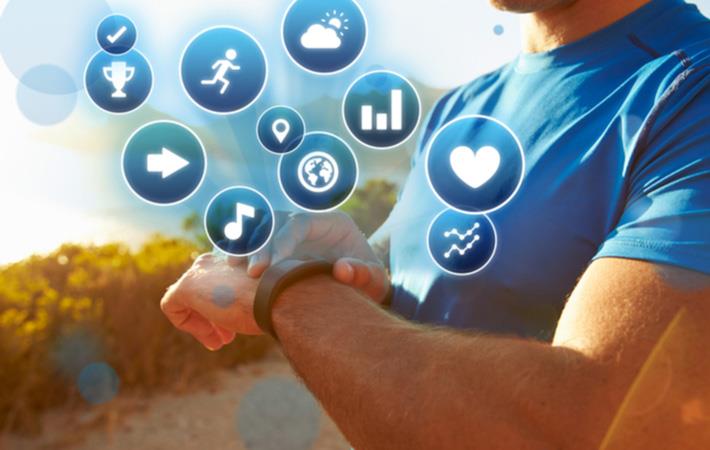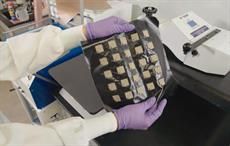Healthcare wearables which monitor physiological parameters such as heart rate, body temperature, sleeping patterns, blood pressure and oxygen saturation levels may help in fighting Covid-19 by giving early warning signals. However, regulatory and safety requirements need to be met before it happens, says GlobalData, a data and analytics company.
Urte Jakimaviciute, senior director of Market Research, commented: “Wearables technology could become a game changer in diagnosing Covid-19 due to its ability to detect an infection at the early stages. By measuring parameters such as heart rate, general level of activity, skin temperature and sleep, wearable technology can spot Covid-19 symptoms and warn users. Given the highly contagious nature of the virus, early detection could prove crucial in minimising its spread while economies re-open and social distancing measures are scaled back.”Healthcare wearables which monitor physiological parameters such as heart rate, body temperature, sleeping patterns, blood pressure and oxygen saturation levels may help in fighting Covid-19 by giving early warning signals. However, regulatory and safety requirements need to be met before it happens, says GlobalData, a data and analytics company.#
However, with the growing uptake of wearables technologies, any data relating to health must be treated with extra care. For these devices to be effective, they must be safe and accurate.
Jakimaviciute continued: “While wearable technology can provide significant help in the fight against Covid-19, health and fitness wearables are not yet accurate enough to detect Covid-19 symptoms at medical levels of precision. Wearables specifically designed for medical purposes are produced to adhere to regulatory requirements and it would be false to assume that consumer-grade devices such as fitness trackers or apps would be able to accurately medically diagnose users anytime soon.”
“Aside from regulatory considerations, privacy issues are another area of concern. The increasing usage of health and fitness wearables means that users are trusting these devices with their sensitive health-related information, bringing data privacy and safety questions to the forefront,” Jakimaviciute said.
Fibre2Fashion News Desk (SV)


